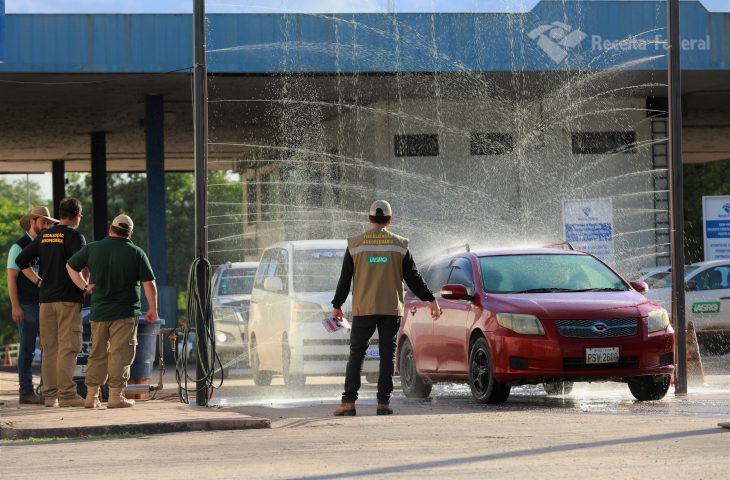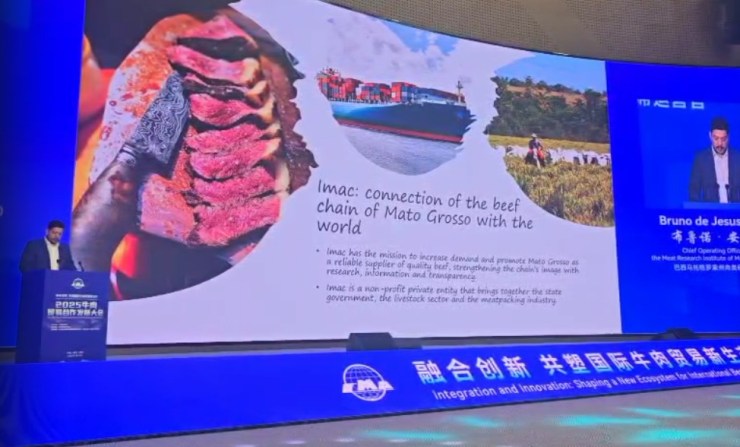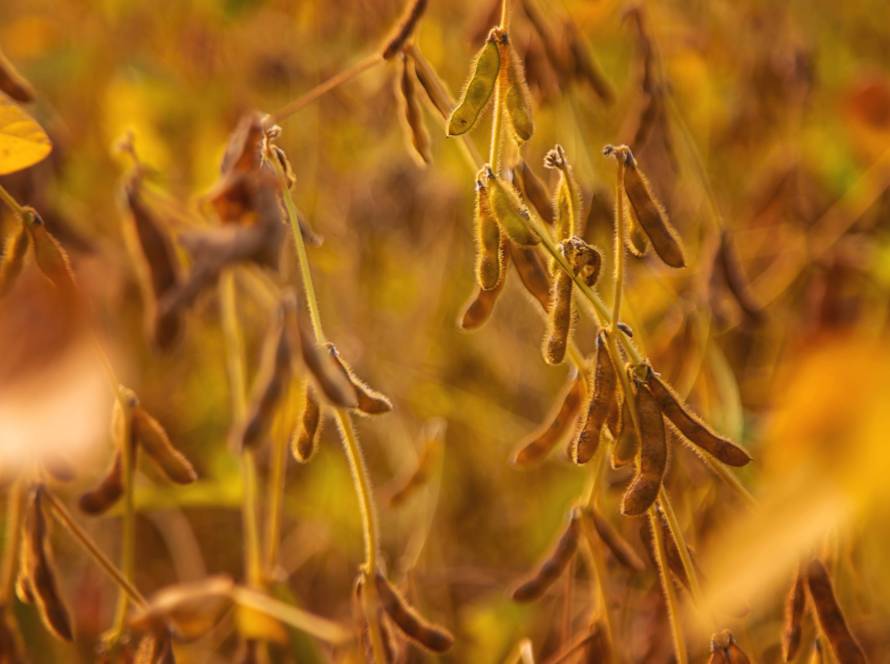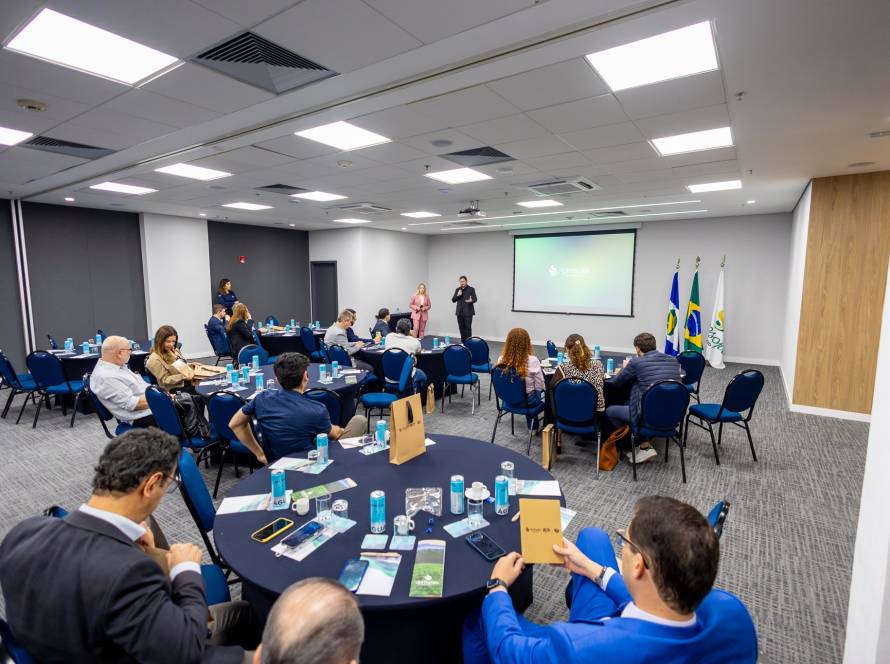On Wednesday (23.04), the Association of Soybean and Corn Producers of Mato Grosso (Aprosoja MT) highlighted the economic, social and legal impacts of the Soy Moratorium during a public hearing held at the Federal Senate, in Brasília (DF). The hearing was called by Senator Wellington Fagundes (PL/MT) at the Agriculture and Agrarian Reform Committee (CRA) of the Federal Senate, in response to the recent decision of the Federal Supreme Court (STF) to suspend Law No. 12.709/2024, of the State of Mato Grosso, which sought to withdraw tax incentives from companies that signed the agreement.
During his speech in the second block of the hearing, the president of Aprosoja MT and vice-president of Aprosoja Brasil, Lucas Costa Beber, stated that the Soy Moratorium is an outdated and unfair measure that compromises the country's sovereignty and prevents producers from exercising their free initiative, even when they comply with all legal requirements. He also recalled the mobilization carried out by more than 100 mayors and 120 city councils that spoke out against the moratorium, reinforcing that this private agreement harms the economic and social development of small producers and municipalities in the state of Mato Grosso.
“The proposal that ABIOVE mentioned back then is about the polygons, which we also do not accept, because it overrides our legislation. I want to make it clear here that ABIOVE and ANEC claim free initiative and I claim that they violate the free initiative of producers, because they do not have the option of choosing the most profitable crop. Those who deforested, even legally, after 2008, which was using areas for livestock, today cannot even enter the soybean market, because they have no way to sell, since the companies that signed the Moratorium correspond to more than 94% of the soybean buying market here in our country”, he highlights.
During the hearing, Aprosoja MT stressed that Brazilian producers already comply with the strictest environmental legislation in the world and that any additional measure imposed outside of Brazilian legislation constitutes a violation of national sovereignty. The organization cited examples of producers who, even having legally deforested authorized areas, are being prevented from selling their soybean production due to arbitrary criteria.
“The Moratorium is a notorious and outdated measure, because it was created in 2006 and in 2012 we approved the most restrictive Forest Code in the world. Today we have to remember that there are 30 million people living in the Amazon. With measures such as the European Anti-Deforestation Law and the Moratorium, it seems that they want to build a fence in the Amazon and take away the right to produce and use their lands, while respecting this Forest Code,” he says.

The president emphasizes that people living in the region cannot be excluded from economic activity due to external demands that do not comply with Brazilian legislation. He warned that the side effects of the measure also affect national industry. “The Moratorium not only harms the Amazon biome, but also the entire national industry, since agricultural machinery is worth much more than cars and other consumer goods, and is produced in the south and southeast of our country. In other words, the Moratorium is making Brazil poorer, and is preventing the State from collecting taxes and providing public services to the entire population,” he emphasizes.
Aprosoja Brasil’s executive director, Fabrício Rosa, also classified it as an affront to Brazilian sovereignty and highlighted the economic losses it could cause to the state and municipalities. “This amounts to R$20 billion in revenue that will no longer be generated due to the Moratorium, with economic and social impacts for all these municipalities. But we know very well that, in an input and output matrix, we do not only have what is generated on the property, but for every R$1.00 invested on the property, another R$3.00 is generated outside. Therefore, we are talking about a potential impact of more than R$60 billion in revenue that will no longer be generated in the state of Mato Grosso due to this impediment caused by the moratorium,” he emphasizes.
Furthermore, the president of Aprosoja MT recalled the recent decision by the Federal Supreme Court (STF), which suspended Law No. 12,709/2024, approved in Mato Grosso, which provided for the withdrawal of tax incentives from companies that signed the moratorium. “Nothing prevents these companies, which account for 94% of the buyer market, from serving the European market by exporting products from areas deforested before 2008, as long as they carry out the entire logistics path of traceability separately and pass the costs on to buyers. What is not fair is for them to penalize several companies in an organized manner, simply restricting the purchase of all areas from these producers”, concluded the president of Aprosoja MT and vice president of Aprosoja Brasil, Lucas Costa Beber.




